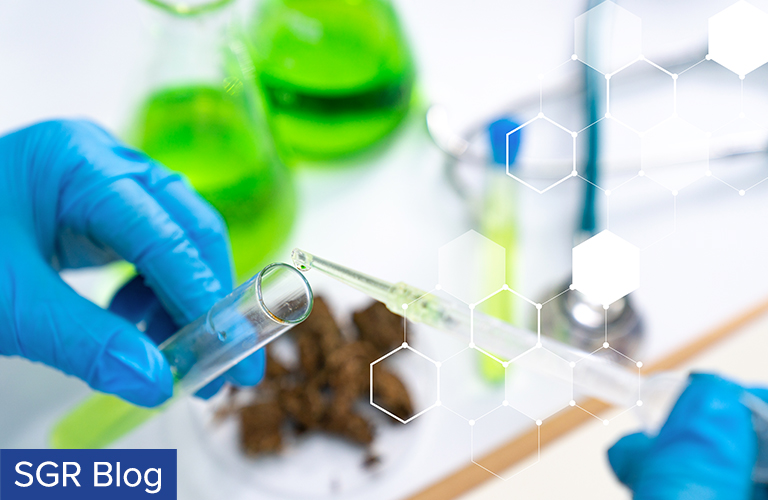
Since the USDA’s recent release of the interim final rule for domestic hemp production, three aspects of the rule have emerged as hot topics of discussion: (1) “total THC”; (2) the requirement for testing labs to be DEA-registered; and (3) the destruction of “hot” hemp.
More than 500 comments have already been submitted in response to the rule. Many of these comments express dissatisfaction with the rule’s requirement that hemp crops must be tested for “total THC,” which is derived from the sum of delta-9 tetrahydrocannabinol (THC) and delta-9-tetrahydrocaanabinolic acid (THCA). Crops testing higher than 0.3% total THC would be subject to disposal under the rule. Farmers will be allowed a small “measure of uncertainty,” such that they will not be considered to be in “negligent violation” and potentially prosecuted with a drug crime unless their crops test above 0.5% total THC. Industry members have criticized the total THC testing method because it tends to increase the THC concentration in a hemp sample by virtue of a non-psychoactive component, thereby increasing the number of samples testing over 0.3% and limiting the types of strains farmers can work with.
The rule also requires that only laboratories registered with the U.S. Drug Enforcement Agency (DEA) will be qualified to conduct THC testing of hemp crops. Industry members have expressed concern that the number of DEA qualified labs will be insufficient to keep up with overwhelming demand, resulting in significant delays and bottlenecks, particularly in regions of the country where few DEA qualified labs have been established. This concern is particularly acute in light of the rule’s requirement that all hemp plants must be tested within 15 days of anticipated harvest. Commenters have also expressed concerns over the legitimacy of an agency charged with illegal drug enforcement playing such a pivotal role in the regulation of a legalized crop.
As currently written, the rule also provides for the destruction of any “hot” hemp crop containing excess THC without the opportunity for an appeal. Several comments submitted in response to the rule request that farmers have the opportunity to remediate THC levels in hot crops by allowing them to degrade the THC levels through sunlight or time until they are suitable for sale. Others point out that the hot crops could be sold in states where marijuana has been legalized.
The USDA will be accepting public comments on the rule until December 30, 2019. For more information about the USDA hemp rule or information on how to submit comments, contact Steve O’Day or Vickie Rusek.

